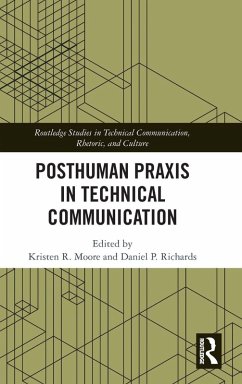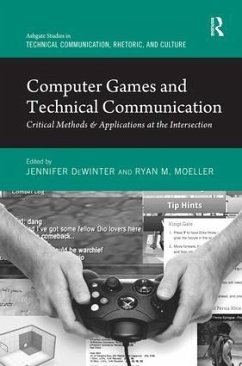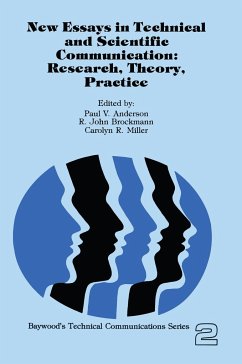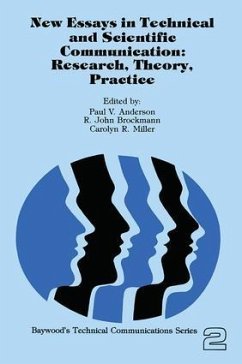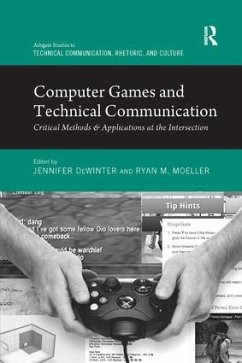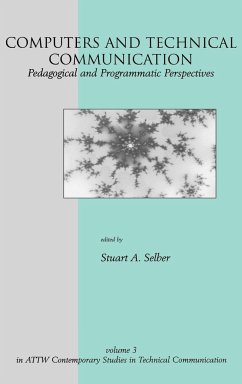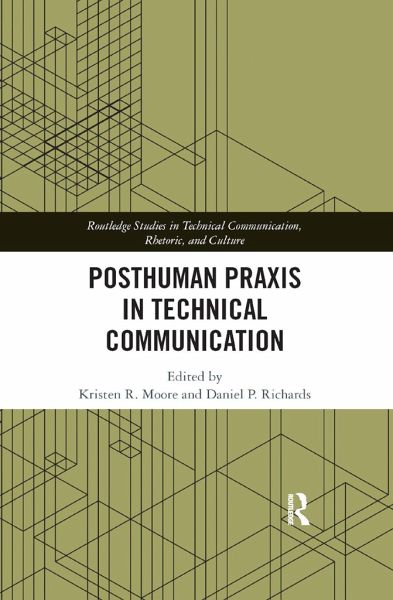
Posthuman Praxis in Technical Communication
Versandkostenfrei!
Versandfertig in 1-2 Wochen
55,99 €
inkl. MwSt.
Weitere Ausgaben:

PAYBACK Punkte
28 °P sammeln!
This collection, aimed at scholars, teachers, and practitioners in technical communication, focuses on the praxis-based connections between technical communication and theoretical movements that have emerged in the past several decades, namely new materialism and posthumanism. It provides a much needed link between contemporary theoretical discussions about new materialisms and posthumanism and the practical, everyday work of technical communicators. The collection insists that where some theoretical perspectives fall flat for practitioners, posthumanism and new materialisms have the potential...
This collection, aimed at scholars, teachers, and practitioners in technical communication, focuses on the praxis-based connections between technical communication and theoretical movements that have emerged in the past several decades, namely new materialism and posthumanism. It provides a much needed link between contemporary theoretical discussions about new materialisms and posthumanism and the practical, everyday work of technical communicators. The collection insists that where some theoretical perspectives fall flat for practitioners, posthumanism and new materialisms have the potential to enable more effective and comprehensive practices, methodologies, and pedagogies.





